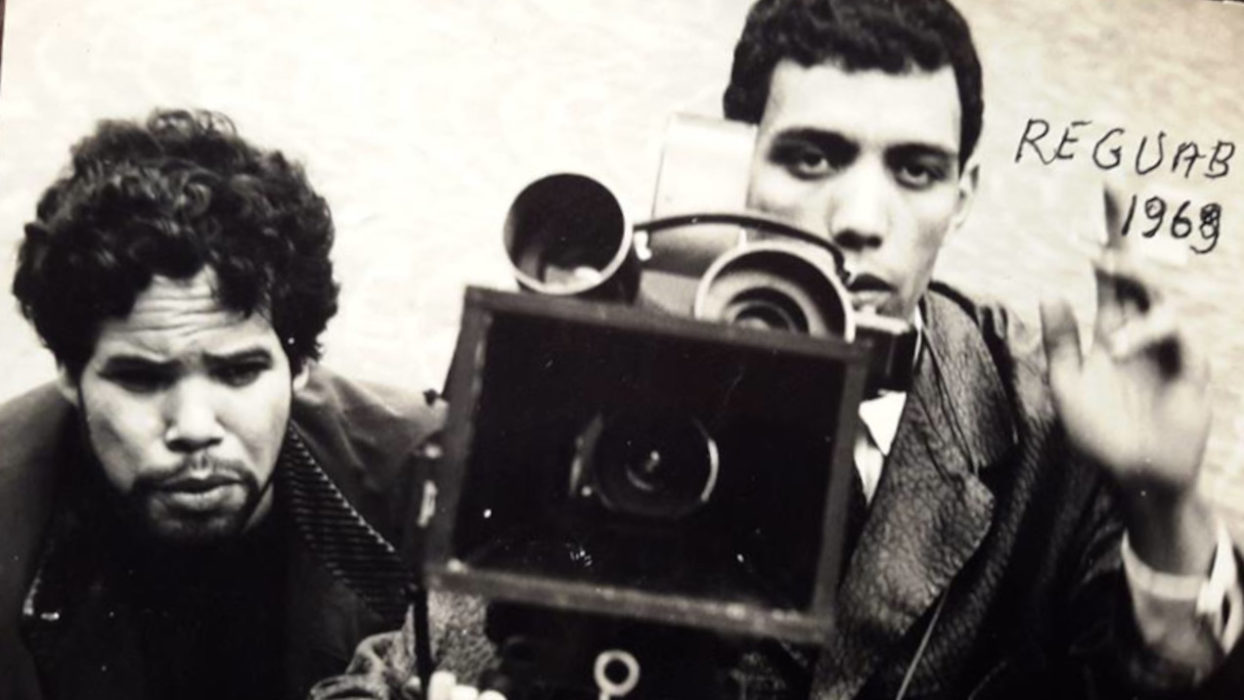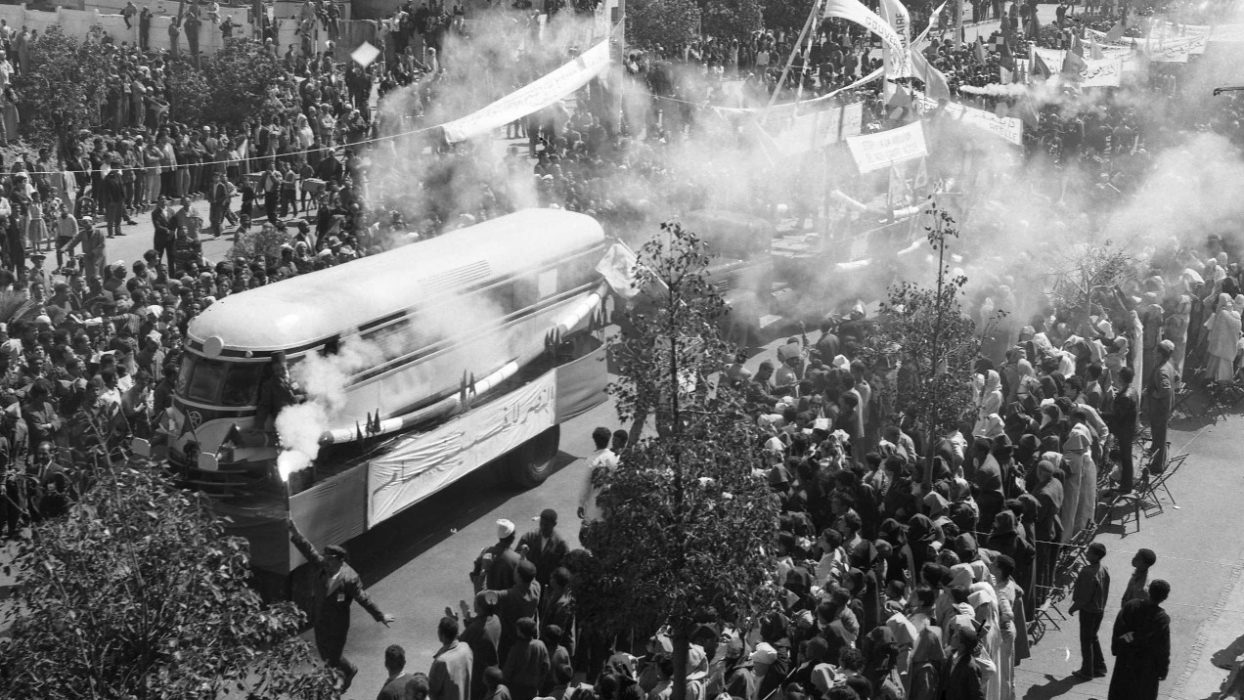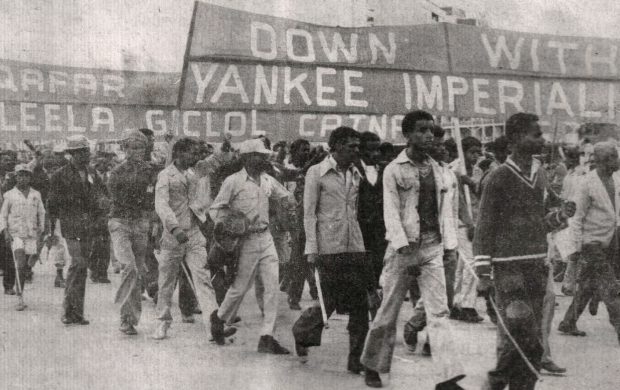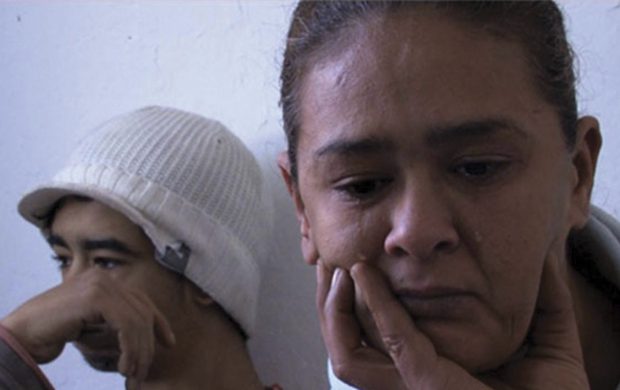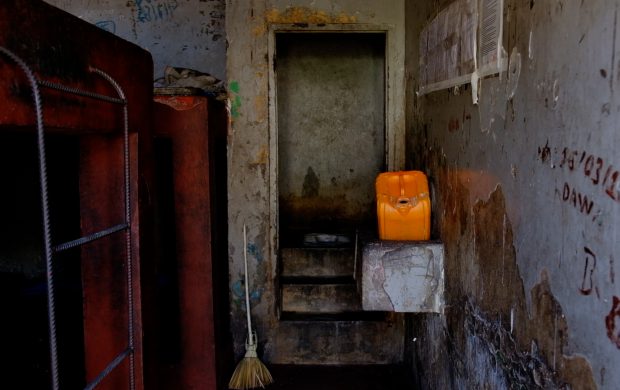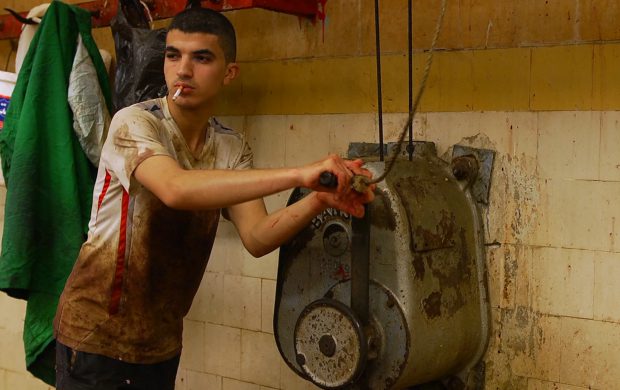Before the Dying of the Light
- 2020
- Maroc
- 70 min
The seventies were the last Moroccan period in which struggles and dreams for change were a reality. Also known as “Years of Lead” this was the most important artistic and cultural period which shaped the first generation of Moroccan post-colonial artists.
“In Morocco, there are no National Archives! They have been at worst neglected and at best misappropriated by a few institutions closely related to the system. Under pressure from the European Union a bill stipulating the creation of Archives of Morocco has been passed in 2003! But ever since, this institution has remained an empty shell and never recovered the films & audiovisual archives to this day. Even if they are officially available for consultation, the control of the system continues making it difficult and sometimes impossible to access! Thus, from one generation to another, amnesia persists and creativity fades…
Local filmmakers are always aware of the sensitivity of this matter! The regime has soon deterred anyone who wanted to deal with the archives in a different way than the official interpretation. In the early seventies, Ahmed Bouanani, who was the first and the last to try his hand at it, has paid the price for it all along his career! His film Memory 14 (1971), a fruit of many years of research was reduced by censorship from 108 to 24 minutes! It is the only existing independent film based on archives till the production of Before the Dying of the Light!
Like most Moroccan artists of my generation, I evolved in total ignorance of the local history of cinema and visual art. Inspired by Memory 14 and by A. Bouanani’s approach, I undertook a long and difficult search for collecting and exploring archives. This allowed me to finally reconnect with the artistic creation of previous generations, and convinced me of the interest of sharing its discoveries with a large audience.
Before the Dying of the Light is not either a movie about the past! My intention is to rather invoke this episode in order to wonder about the place of the artist and his (or her) creation in society. This issue has to be constantly examined so art won’t lose sight of its essential references.”
(Ali Essafi, Press kit)
- Production : Cinemaat, Laterit productions, 2M, Les Films du Passage
- Image : Archive Materials
- Sound : Kinda Hassan, Jean-Marc Schick
- Editing : Chaghig Arzoumanian
- Print source : submissions@taskovskifilms.com
